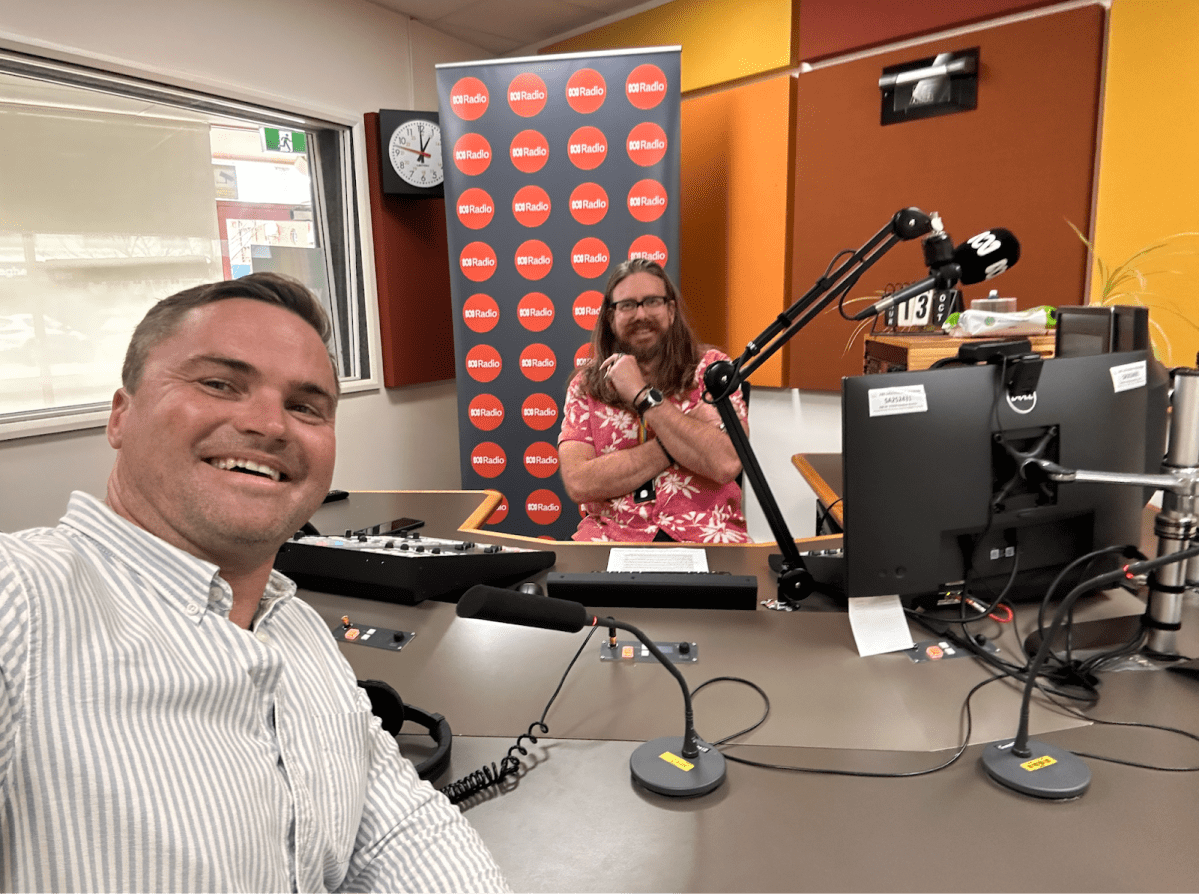I believe that we should live in a world where addiction and mental illness are rare, brief and well-treated.
Sadly, in Australia 1 in 5 people are living with a significant mental illness and 1 in 20 are living with substance addiction; which is 20% higher than the global average. Studies also show that it takes an average of 18 years for someone with an addiction to access applicable treatments.
It is my belief and commitment to significantly change this in my lifetime.
My connection to the twin challenges of addiction and mental health began in 2009 at the age of 22. Working in advertising and nightclub promotion, I was self-medicating my yet-to-be-diagnosed depression with heavy weekend binge drinking that was slowly becoming a daily habit. After one too many hangovers, I realised that I needed to make a change and so I made a public commitment to a year of sobriety and created a blog to share my story, called HelloSundayMorning.org
Throughout that year, I was able to access effective treatment for my depression which included therapy and medication. However, I found there to be a significant lack of meaningful, unstigmatised support for people who were looking to change their relationship with alcohol.
Over the next 10 years, I grew Hello Sunday Morning into a national, Government-funded, non-profit organisation with a team of over 30 people – supporting one of the largest online communities, in the world, of people looking to change their relationship with alcohol.
In 2020, with Hello Sunday Morning on a sure footing, financially and clinically, I chose to step down as CEO to take up some new challenges in addiction and mental health.
One of these challenges is the massive issue of the lack of access to detox services – for people at the pointy end of this problem. Right now there are hundreds of thousands of Australians who want to quit drinking, but find it too hard (and in some cases dangerous) to stop. This is because the real problem is that people who need a clinical detox need to go to a hospital or rehab – which is too expensive, too hard to access, too geographic-specific and too time-consuming for many people who need this care.
In partnership with Dr Chris Davis, a Family Practitioner and addiction expert, and Pia Clinton-Tarestad, an ex-Deloitte health economist, we developed an innovative model of care that enables entry into a detoxification program without inpatient care in a hospital or rehabilitation centre thus addressing a major cost and access problem.
It’s called Clean Slate Clinic: an affordable, scalable, effective, clinical detox service that can be delivered into a person’s home through telehealth.
Over the past twelve months we have successfully detoxed 200 patients across Australia, secured five Government contracts across Australia and our first health insurer contract with Bupa to support 50 of their members to undertake home detoxification.
The real advantage to our model is its ability to support those in regional and remote Australia who have access to very little of this kind of care, and yet have the biggest challenges with alcohol dependence. So that’s where we are going now. The numbers are smaller, but if we can build a model that is adaptive enough to detox someone in Bourke – detoxing someone from the Eastern Suburbs will be easy.
At the Social Enterprise World Forum we were lucky enough to get an investment of $70,000 at The Funding Network event, to support our expansion with our “Bush Detox” service which we will use to prove our model in Western NSW and QLD (I’m currently writing this post from the caravan park in Nyngan!).
By the end of the year, we want to bring on a group of impact investors who care about this issue and want to help us solve it over the next five years – by supporting 10,000 Australians to safely detox at home.
If we can work out how to do that – I believe we will come a long way to ensuring that any alcohol and drug dependence will move towards our vision of being rare, brief and well-treated.

